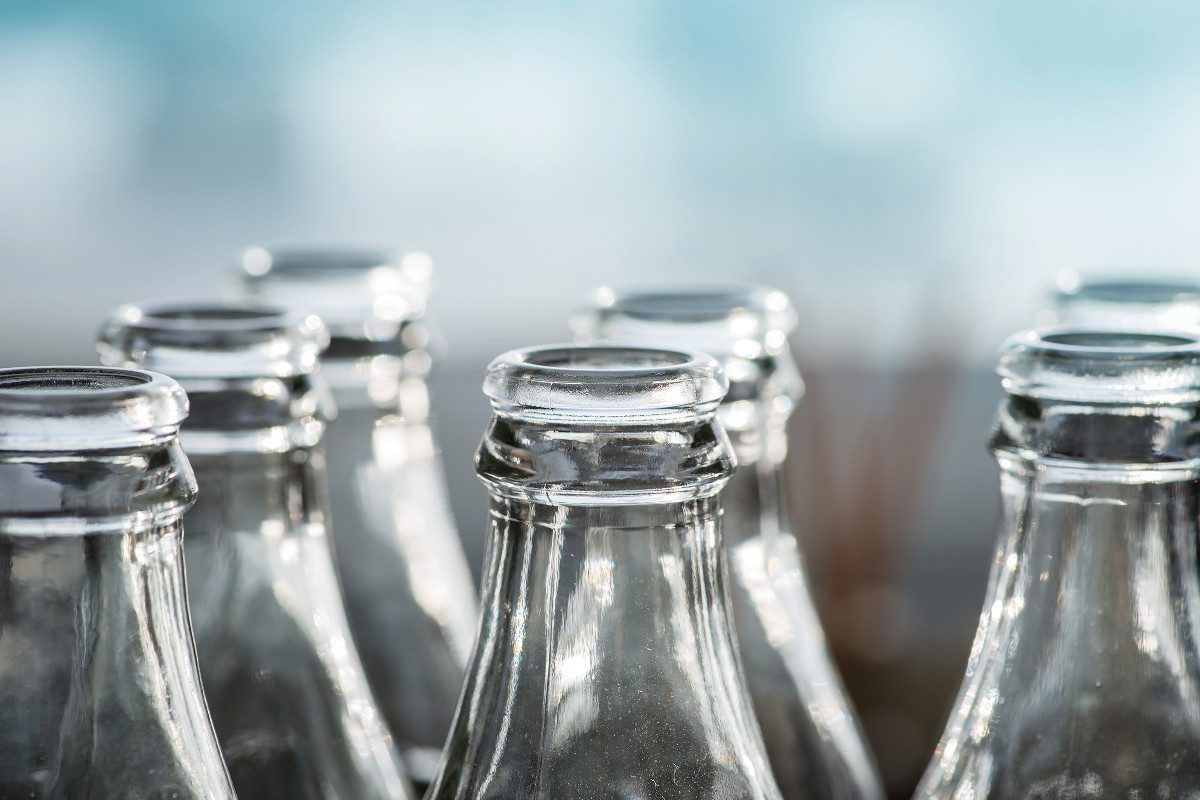
New, step-by-step guidance has been published by the Scottish Environment Protection Agency (SEPA) to ensure drinks producers are ready when registration for Scotland’s Deposit Return Scheme (DRS) opens in twelve weeks.
If businesses make or import drinks for sale to consumers in Scotland, there are producer obligations that need to be complied with under the new Deposit and Return Scheme for Scotland Regulations 2020, including registering to be part of the scheme.
Part of the new guidance brings together a range of resources to help producers understand if their drinks are covered by the scheme and the next steps they need to take, as well as understand their obligations under the Regulations.
The steps producers need to take to register are also detailed. Drinks producers and importers won’t be able to sell their drinks to consumers in Scotland unless they have registered – this can be done directly with SEPA or through the scheme administrator, Circularity Scotland. For those choosing to register directly with SEPA, there is support to write an operational plan, which will be needed as part of their application.
SEPA will regulate the scheme and is responsible for the producer registration service, which opens in three months’ time in January 2023.
Kath McDowall, SEPA’s Unit Manager for the Deposit Return Scheme, said:
“It is important businesses prepare for DRS now. We’re here to help and our latest guidance sets out what producers need to do to prepare for registration. This includes information on routes to register, a guide to help determine which drinks are part of the scheme and operational plan guidance.
“If you’re a drinks producer and you want to sell your products to consumers in Scotland, you need to be registered with SEPA to be part of the scheme. If you’re not registered by 1 March 2023, then you might not be able to sell your drinks in Scotland after August 2023, when the scheme goes live.
“Producers can register either directly with SEPA, or through the scheme administrator, Circularity Scotland. We would urge businesses to find out more about registration and what it means for them so they can take action to prepare.”
DRS is an industry-led scheme, which gives producers a lead role in managing and collecting their empty drinks containers. It is designed to encourage the return of empty single-use containers for collection for recycling – helping to tackle climate change, increase the quantity and quality of materials collected for recycling and decrease litter. It is an example of extended producer responsibility and a significant step towards developing a more circular economy.
Businesses who make, import or sell drinks in Scotland may have legal responsibilities under the scheme. For drinks producers and importers this includes registering to be part of the scheme – they won’t be able to sell their products to consumers in Scotland unless they have registered. Businesses can register directly with SEPA or through the scheme administrator, Circularity Scotland.
For retailers, wholesalers and hospitality businesses, the Regulations mean making sure any drinks they sell in Scotland are from a registered producer and charging the deposit on each drink. They may also have to operate a return point or offer a takeback service, collecting empty containers for recycling and return deposits to consumers.
SEPA says it will continue to work with industry to identify areas of scheme design and operation that require regulatory guidance. This will ensure guidance and information is relevant and meets the needs of businesses to help them prepare scheme go-live in August 2023.







